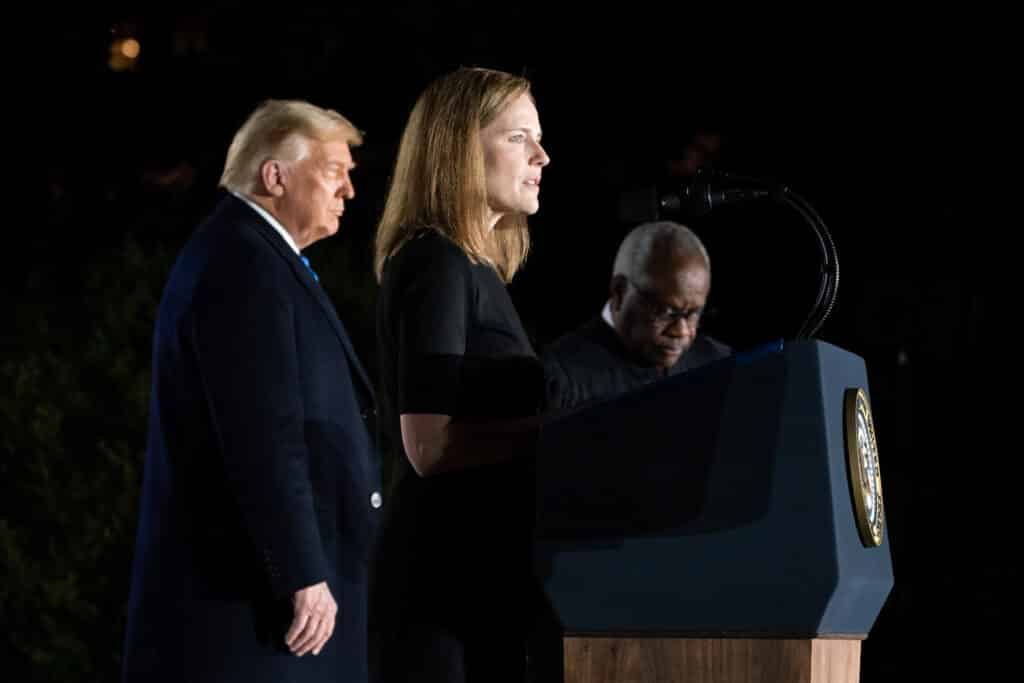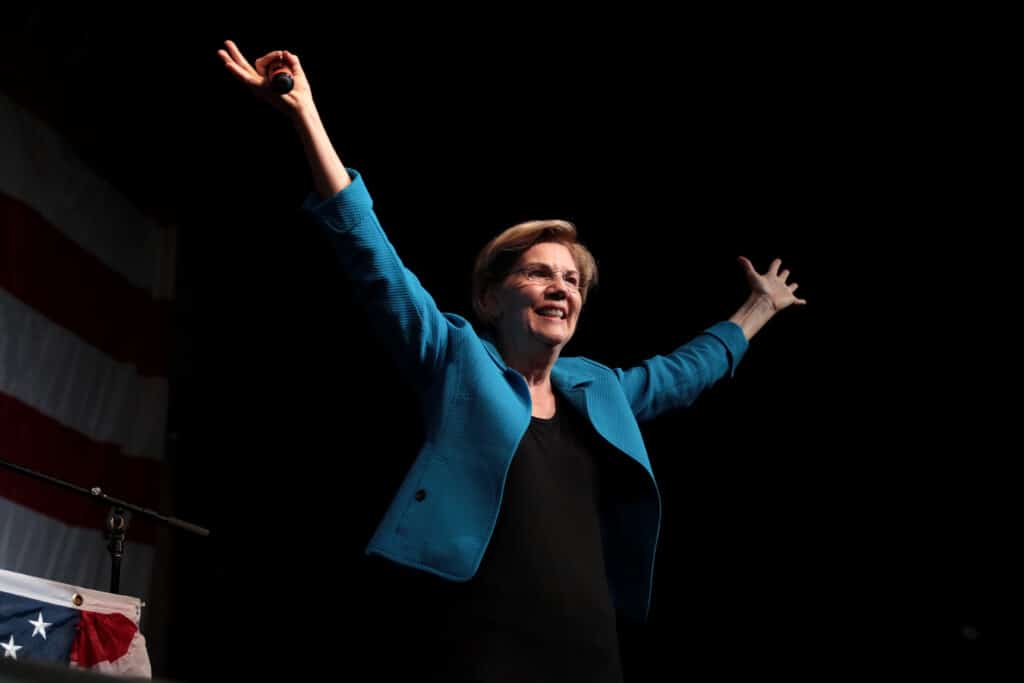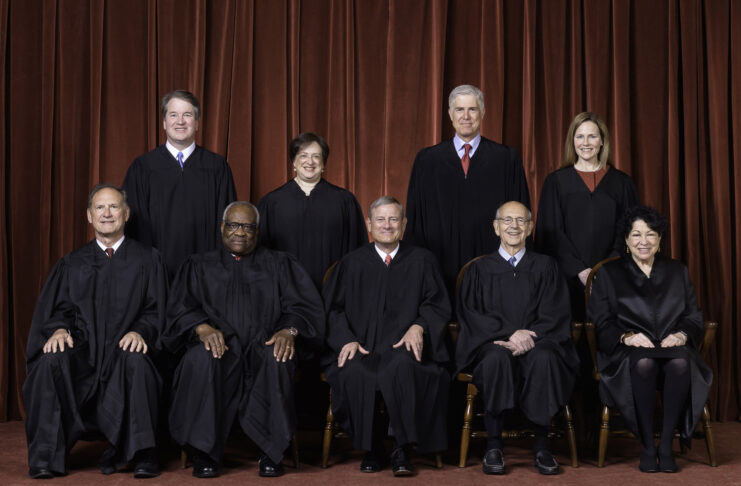The Supreme Court made it crystal clear Thursday morning: the federal government's independent agency for protecting consumers in the financial sector is here to stay.
In a 7-2 opinion by Justice Clarence Thomas, the court found that the funding structure of the Consumer Financial Protection Bureau (CFPB) is lawful, based on the majority's interpretation of the Constitution and established precedents concerning the funding mechanisms of federal agencies.
As a result, the CFPB will retain the ability to set its own budget without having to seek annual approval from Congress.
Two lender trade associations, backed by multiple banks and every Republican state attorney general, argued that the funding structure of the CFPB violated Congress' power of the purse under the Appropriations Clause of the Constitution, which states that “No Money shall be drawn from the Treasury, but in Consequence of Appropriations made by Law.”
Thomas firmly rejected their argument and sided with the Biden administration.

Supporters of the CFPB maintain that the 2008 Dodd-Frank Act, which created the agency and its funding structure, are a legitimate use of congressional power. Congress can enact laws that outline how federal agencies are funded, including through methods that don't need yearly appropriations.
“Under the Appropriations Clause, an appropriation is simply a law that authorizes expenditures from a specified source of public money for designated purposes,” Thomas wrote.
“The statute that provides the Bureau's funding meets these requirements. We therefore conclude that the Bureau's funding mechanism does not violate the Appropriations Clause,” the associate justice added.
The decision validates the CFPB's biggest advocates, including Sen. Elizabeth Warren (D-Mass.), who argue that its independence is essential for fulfilling its consumer protection mandate. Supporters assert that the agency's independent funding mechanism shields it from political influences in Washington and the financial industry.

Only two of the conservative Justices, Samuel Alito and Neil Gorsuch, dissented. In the minority opinion, Alito stated that Congress' power of the purse remains its most “complete and effectual weapon.”
“Unfortunately, today's decision turns the Appropriations Clause into a minor vestige,” he wrote. “The Court upholds a novel statutory scheme under which the powerful Consumer Financial Protection Bureau (CFPB) may bankroll its own agenda without any congressional control or oversight.”
“The Framers would be shocked, even horrified, by this scheme.”
Several other federal agencies, such as the Federal Reserve, have similar funding structures, receiving financing through fees and assessments rather than annual congressional appropriations.
Thursday's ruling marks the resolution of the most significant legal threat to the CFPB in its 15-plus years of existence.
READ NEXT: Barge Crashes Into Another Bridge Causing Partial Collapse


